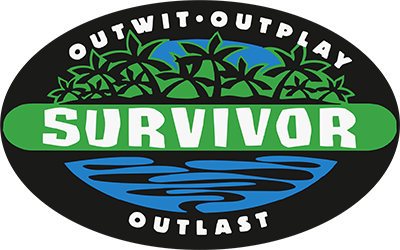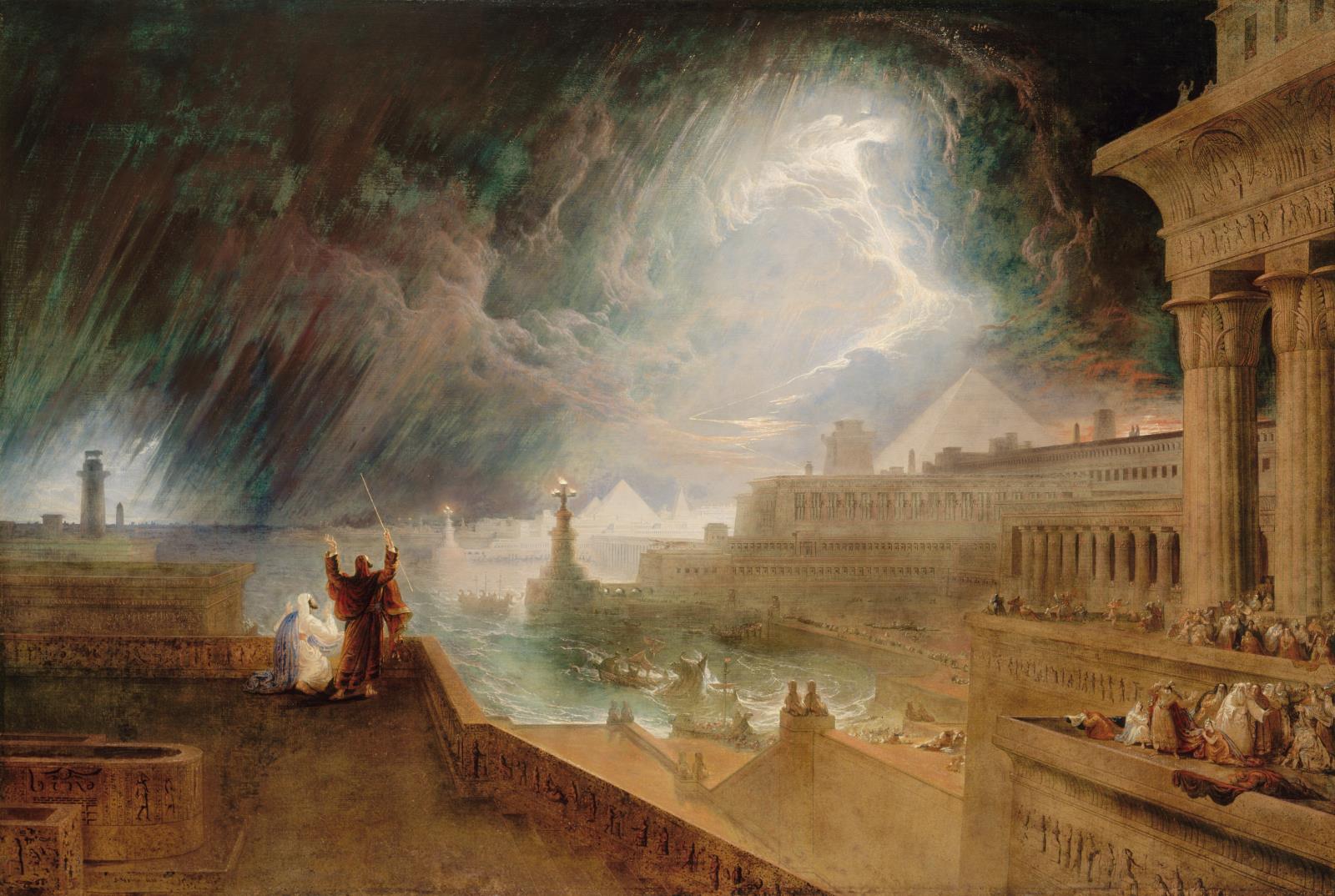I read a post this week by a pastor bemoaning the invasion of Christmas into the Advent season. Advent, is the four week preparation time before Christmas. Technically, the Christmas season for the church begins on December 24 with the Christmas Eve services.
Traditional worship spaces change the paraments or altar cloths from blue or purple to white at this service to denote the change of liturgical seasons.
The original poster thought it sad that Christmas Carols were being sung during Advent at a particular church.
While I understand this feeling, I sometimes get the idea that society at large has left us behind on this. The culture we are trying to reach are ready to celebrate Christmas and are doing so in the weeks leading up to December 25th.
They are listening to Christmas music on the radio as they shop for presents and head to Christmas parties. There is usually some obligatory Christmas movie released in the theaters which may or may not have any religious value!
I'm not advocating that we throw out Advent.
I'm not suggesting that we don't include the importance of the waiting or repentance included in this season.
But we do have important Christmas elements that happen during Advent. Such as beautiful cantatas or musical celebrations such as Handel's Messiah.
 Our own church is presenting a Christmas musical, Open Hearts in Bethlehem by Kenneth E. Bailey on the Fourth Sunday of Advent. We are presenting it during the Sunday school hour (9:45 am) this Sunday, December 21 in order to capture people from both services as well as providing for a change of pace for the Sunday school experience. We are also offering a 3:00 pm performance time for those in the area attending other churches or traveling to see it.
Our own church is presenting a Christmas musical, Open Hearts in Bethlehem by Kenneth E. Bailey on the Fourth Sunday of Advent. We are presenting it during the Sunday school hour (9:45 am) this Sunday, December 21 in order to capture people from both services as well as providing for a change of pace for the Sunday school experience. We are also offering a 3:00 pm performance time for those in the area attending other churches or traveling to see it.I think that it will be spiritually rewarding to those who see it even if it precedes Christmas! While the majority presenting the play are adults, as a father, I can't pass up the opportunity to give a plug for my children. Kyla will be playing Mary. Her brother also plays a shepherd so it will be interesting to see him coming to give honor to his sister. We'll see how good an actor he is!
I must also confess that we sang Christmas carols last Sunday. We did stick to Advent hymns for the first two Sundays and I did stay on theme with John the Baptist. But I think our worship was authentic and focused upon God.
As we get ready for Christmas, I would remind us to adopt the attitude of the shepherds who "...made known what had been told them about this child..." (Luke 2:17, NRSV). This means that the birth of Christ should be celebrated far and wide. And I won't even mind if you open your presents before December 25th!
This Sunday, we'll share in the fourth Sunday of Advent at 8:30 and 11:00 am as I'll be preaching from Luke 1:26-38 with the message, "What Kind of Greeting is This?" I hope you'll join us if you are in town for worship and for Spirit Act's performance of the Christmas story.
In Christ,
Sam



_course_aboard_the_guided-missile_cruiser_USS_Hue_City_(CG_66).jpg)









.jpg)






.jpeg)


